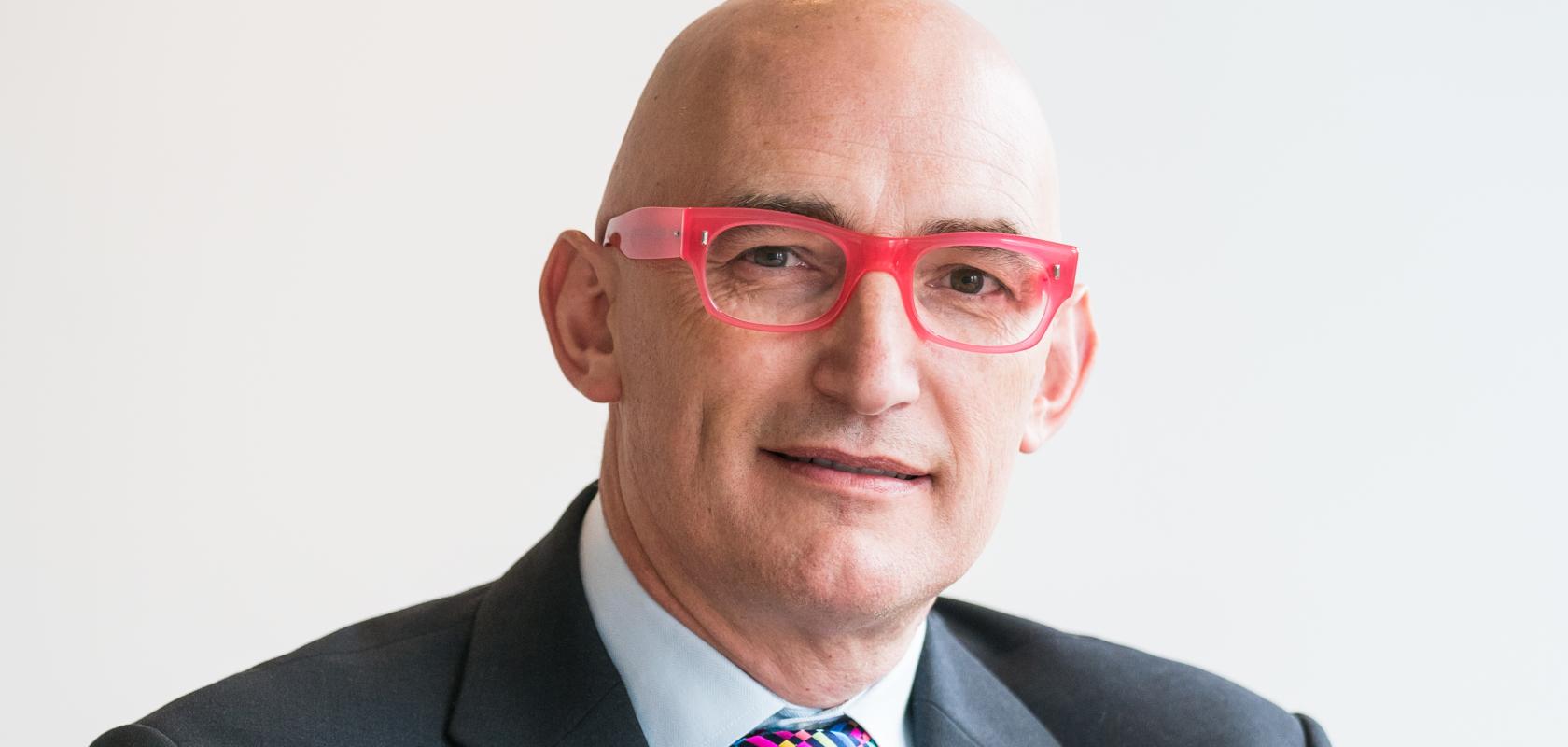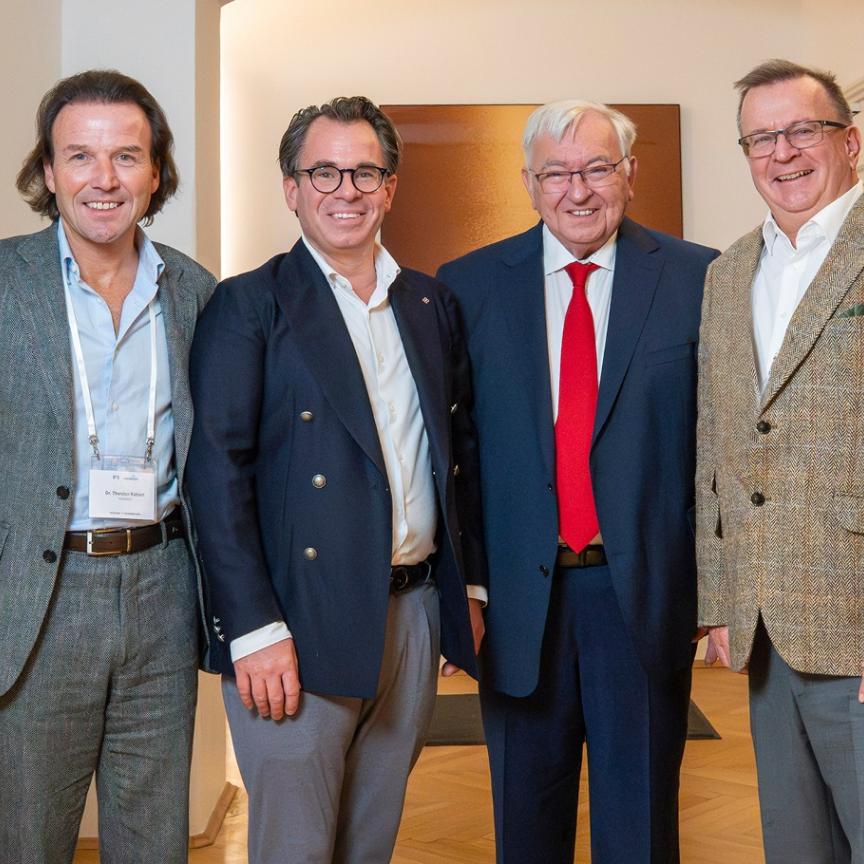Mike Powell, Renevo Capital Limited, an investment bank specialising in photonics and semiconductors, shares how he helps companies raise capital or sell up
What’s the background to you co-founding Renevo Capital as managing director?
After graduating with a BSc in Physics from Imperial College in London in 1984, I worked at Marconi Electronic Systems (GEC Marconi). Then, in 1990, having majored in optics and with the big rollout of optic fibre, I set up IOC International as CEO, with the aim of selling devices combining fibre with 2.5 Gb/s lithium niobate modulators to the telecoms industry. I ended up listing IOC on the London Stock Market and eventually sold the company to SDLI in the US. I stayed with SDLI, running parts of the divisions until 2000, when I moved to the San Francisco Bay Area where I set up K2Optronics, which I later sold to the US company, Emcore.
In 2002, I moved back to the UK and founded Pelikon as CEO, which in 2008, I sold to MFLEX, a specialist in flexible printed circuit board manufacturing and assembly. By that time, I’d come to realise that what I liked most was doing the deals to set up and sell companies, rather than running companies themselves.
Most of the investment bankers I’d come across didn’t understand the fundamental technology and lacked an international approach, which, in my experience, was crucial for growth. What technology companies needed was an investment bank that had an international perspective, run by people who understood the technology. Accordingly, in 2009, I became a partner with Woodside Capital and in 2016, I co-founded Renevo Capital in London as managing director.
What does Renevo Capital do?
As an investment bank, we see ourselves as an intermediary company. So, if somebody wants to raise capital or sell their company, they come to us. We deal with ‘digital stack’ companies. Anything that enhances digital economies, including new material systems – for example, waveguide beam combiners in the field of photonics, new processes, components, modules, systems and software control. Then there’s the world of IoT and the strange fusion of the physical real world with a digital overlay, known as the metaverse.
Most transactions involve multiple stakeholders: buyers, management, shareholders, employees of the company and often debt holders. We get heavily involved in the deal negotiation to ensure the deal is right for all parties.
Not every deal has an equity dimension to it, but most have and, unlike consultants and many finance companies in Europe, we are regulated in two geographies (UK and Europe) because we provide advice on whether a deal is well-priced for the parties concerned.
Who are your main clients?
Around 50 per cent of our clients are Tier 1, 2 and 3 strategic corporations, although we also work with smaller companies and financial companies on a consultancy basis, advising them on investments. We have engaged with EPIC members like Cobolt, Amicra and ficonTec, and most of our clients are in Europe, North America, Japan, Hong Kong, Singapore and Korea.
We do between five and 10 deals per year and the average duration is between six to nine months, with a further three months for a regulatory review. For us, the sweet spot for transactions is $30-$100m. Transactions of less than $20m are problematic; deals of every size carry similar liabilities for success and very few have the resources to stitch all the parties together at this size. We will do deals of over $250m, if the value in the company is strategic rather than an actuarial or financial value.
In terms of technology, we will work with any deep-tech company operating within any digital economy, as we defined earlier.
What’s your average fee and who pays it?
We normally charge somewhere between three to five per cent of whatever that deal amounts to. About 70 per cent of what we do is what we call sell-side mandates, where the selling players pay us. I’m paid to negotiate the best deal possible for the seller, which involves going around the industry, talking to the acquirers and understanding what does and what does not interest them. The other 30 per cent is what we call buy-side mandates, where we help people figure out what it is they want to buy and then buy those pieces from industry.
Finally, what are your unique selling points?
Our team of 20 experienced personnel has unique insight into the niches within this industry. This means we can pinpoint a client’s strategic value in the context of the market’s needs and wants. We articulate and effectuate transactions on these value points. Very often, the value is more than just the product, it is elsewhere – for example, the capability a company can bring to bear on the market, or leverage from cash flows they may be unaware of.
Secondly, we manage the entire process from A to Z; having run companies ourselves, we understand the difficulties of the day-to-day, so we take the heavy lifting off management teams.


